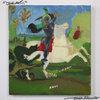One likes to practice the thing
A few borrowed thoughts, and a few of my own, on the occasion of leaving New York for Germany.
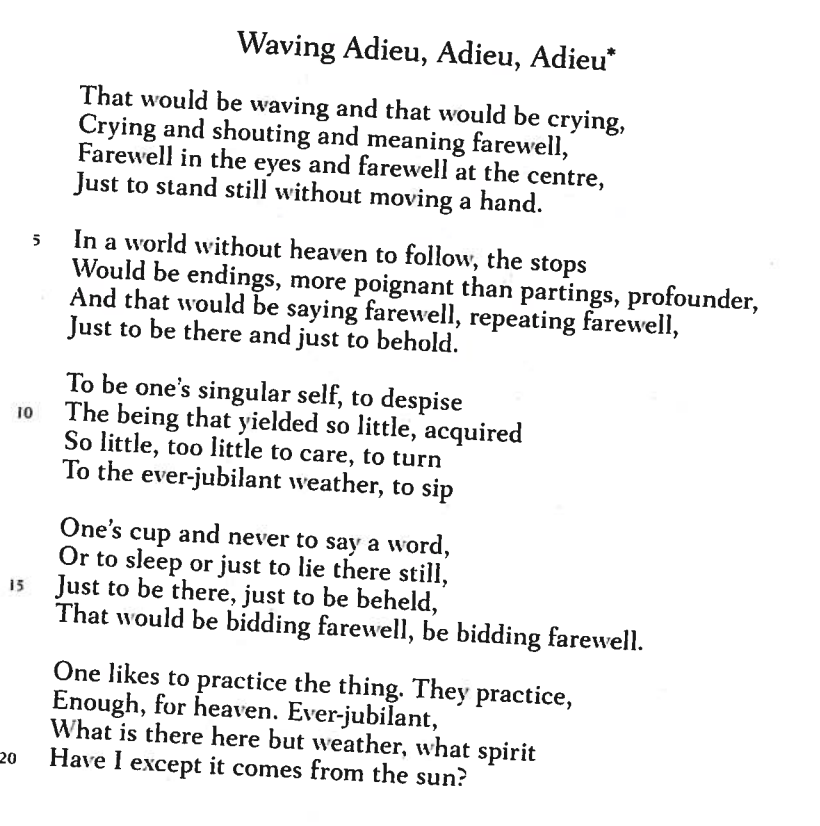
Hans Loewald, “Internalization, Separation, Mourning, and the Superego,” (1962)
During analysis, problems of separation and mourning come to the fore in a specific way at times of interruption and most particularly in the terminal phases of treatment. In fact, the end phase of an analysis may be described as a long-drawn-out leave taking-too long, it often seems, from the point of view of ordinary life. In everyday life, many of us tend to cut short a farewell, perhaps in order to diminish the embarrassment, the ambiguity, and pain, even though we may be torn between the grief of separation and the eager anticipation of the future awaiting us. Others seem to wish to prolong the farewell; yet it is not the farewell they want to prolong but the presence of the beloved person so as to postpone the leave taking as long as possible. In both cases an attempt is made to deny loss: either we try to deny that the other person still exists or did exist, or we try to deny that we have to leave the beloved person and must venture out on our own. Either the past or the future is denied. At the death of a beloved person, either form of denial may occur internally as there is no possibility of realizing the denial by external action with the other person. In true mourning, the loss of the beloved person is perhaps tempo- rarily denied but gradually is accepted and worked out by way of a complex inner process.
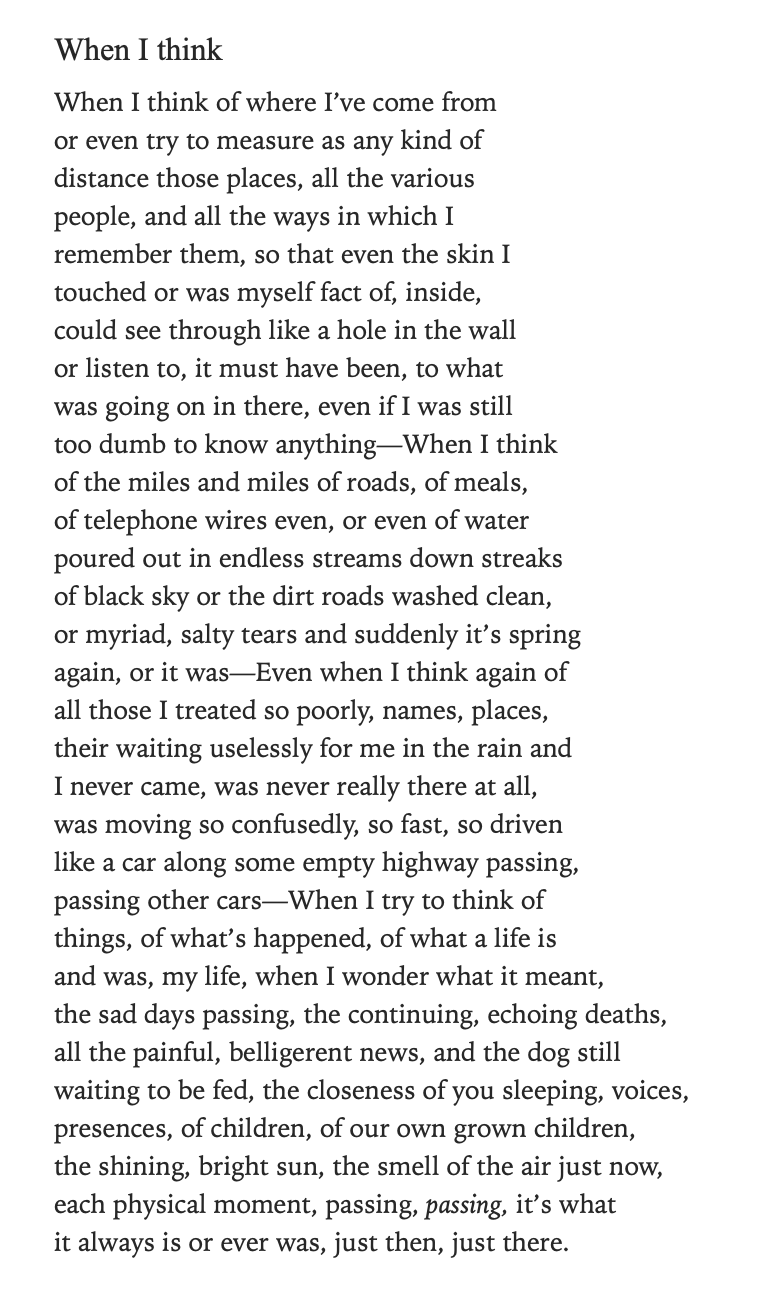
Loewald’s suggests that the moment of goodbye is avoided, either by drawing out what is not a goodbye or cutting it short. We could add to that Creeley’s way, which seems too ruminative. Poetry grows there, unsurpassed poetry which sees an entire life in a few lines, but seemingly only from the stony earth of regret and gloom.
But what, for the avoidant consciousness, is the alternative? What would it be to face up rightly or authentically to that moment of saying goodbye? Goodbye remains a question, and must remain an uncomfortable one, after the hope of a transparently effective or ritualized form, something like the sign-off of a letter. We know somehow that everyone is dodging or shirking the work of mourning, of saying goodbye, yet no one knows how to set themselves to it, and least of all me.
For Loewald it seems to be just a matter of handling the situation with more or less grace. Rushing or extending a goodbye have in common a kind of calculating private negotiation. I fix it in advance, or in an adjacent private tense, a not-quite-time which is always alone and before, and you encounter only the smooth surface of my decision. The alternative isn’t to do it right, but to share the crisis. To say, “think with me,” and of course we will fail, so fail with me. Loewald’s invitation is simply that one might not hide. The move is not forced.
Before leaving, I was lucky enough to spend a bit of time with my grandmother, Laurie, who passed at the age of 91, with her mind very much intact, and a remarkable ability to de-dramatize the difficult states which one passes through at the end. The feeling that one’s life is over or that the end is near, and this is actual. Or an empty sense of one’s ineradicable vanity and desire for independence. It never occurred to me at all that we might find ourselves embarrassed slightly by this thing which happens to all of us, namely that we die. So we might hide that, or secretly manage it, or play the forever blues for the very not-forever that is given to us. For a while. Then come out of hiding to find one another again.
Then we might say that for a short while we had been our action and were free. Stevens again, “how high that highest candle lights the dark.” Then all at once we were life itself. Closer to the suffering heart of it. No preparing. But we meet, stop a little while, and can be together unprepared. I felt for a while, with my grandmother, a sense of the grace in an hour, to be together and not to know.
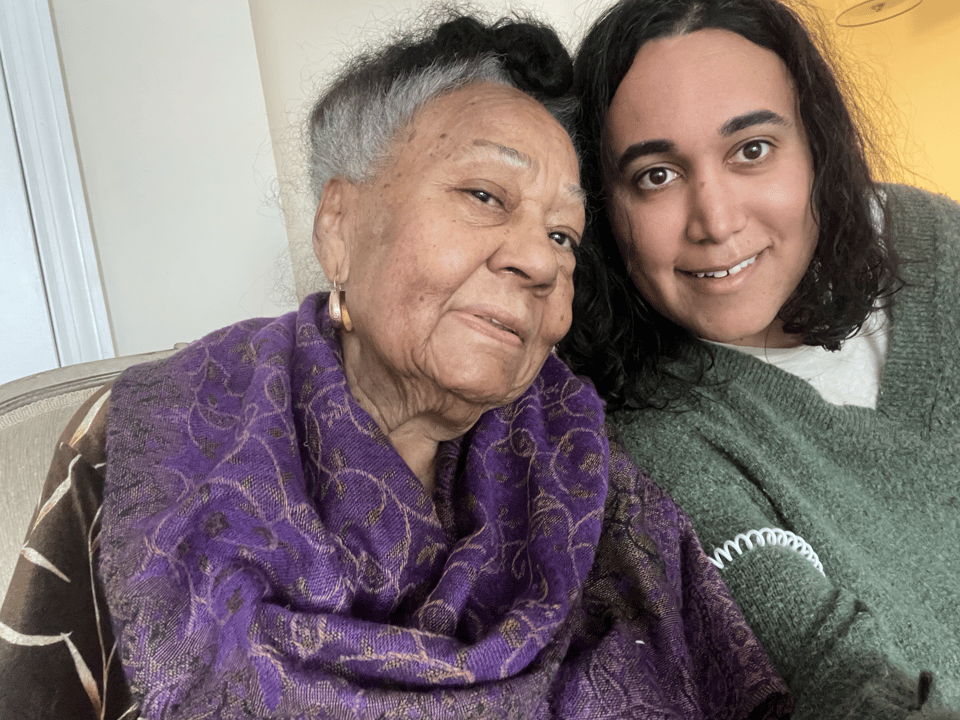
We were there for a while. Then returned home and tried to find the thought in a few chords, as limited as I am there. Then the music stopped.
In spite of that, here in Germany, the mood is good. Actually the Germans are frightened, and have reason to be, they feel the shifts, which are everywhere. I should say instead that my mood is good. As opposed to my evaluation.
Before going, Esa and I had a lovely wedding in three phases: court, then family, which my grandmother was even able to attend, then friends, with some mixing of the three. Some of my students even came, I wasn’t sure if they would. Good to mix worlds. Then we were on our way to Bavaria and Berlin.
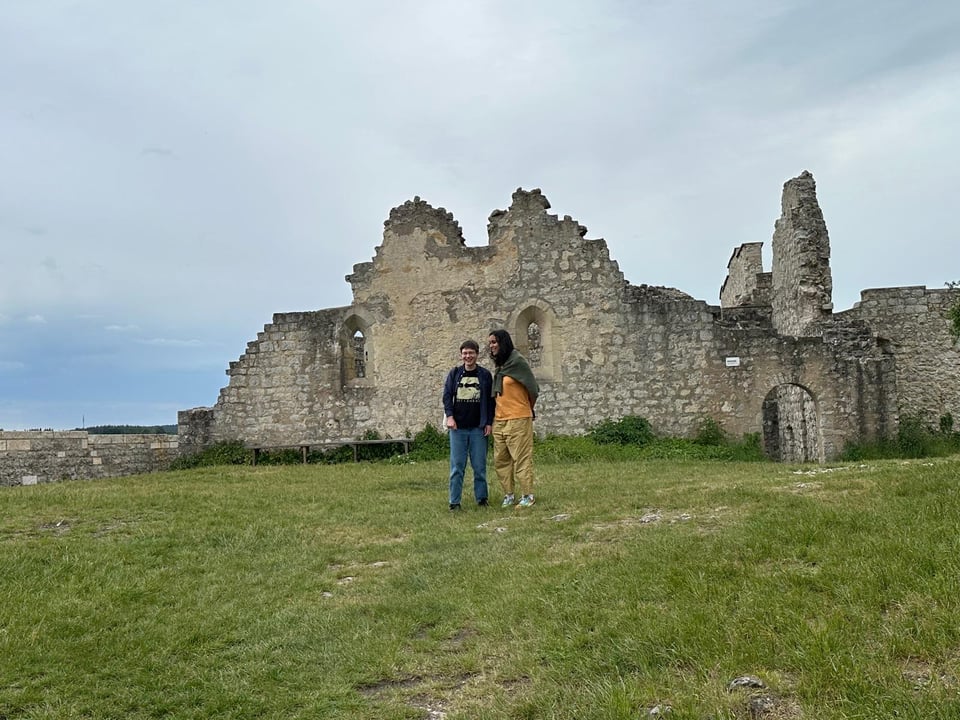

Now we’re in Berlin for the summer, trying to find a piano again, looking for the language, to rebuild our kitchen, for old friends here, and some new ones. I must pass an exam, apply for a better visa, find a way to write something in this moment, which feels open, even as the world has lost the mind it never had. Feeling the sunlight, the long days. They feel in the best way endless. We’ll pay for them in December.
Sez Wally: what is there here but weather? What spirit have I except it comes from the sun?
Viele Gruße,
Jackie Ess
P.S.
